Women’s brains age more slowly, but that doesn’t seem to protect them from a common form of dementia.
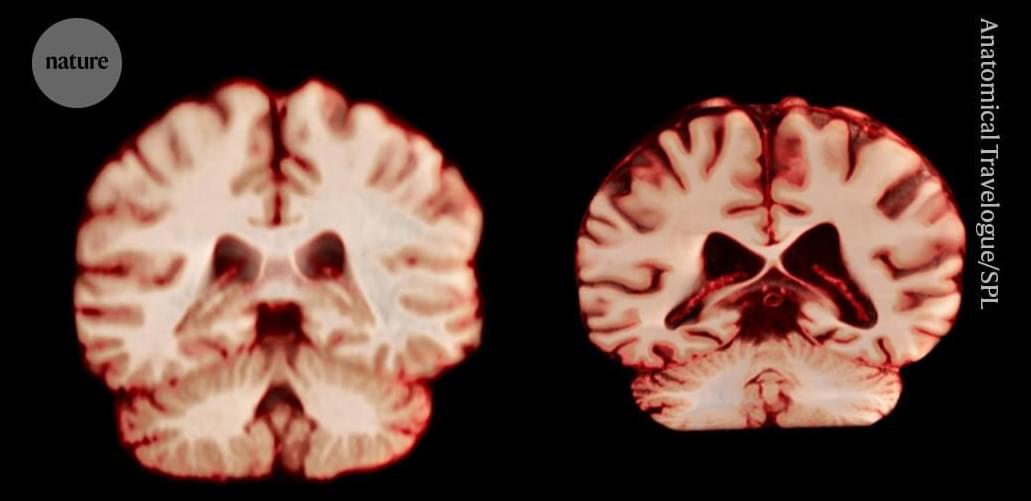

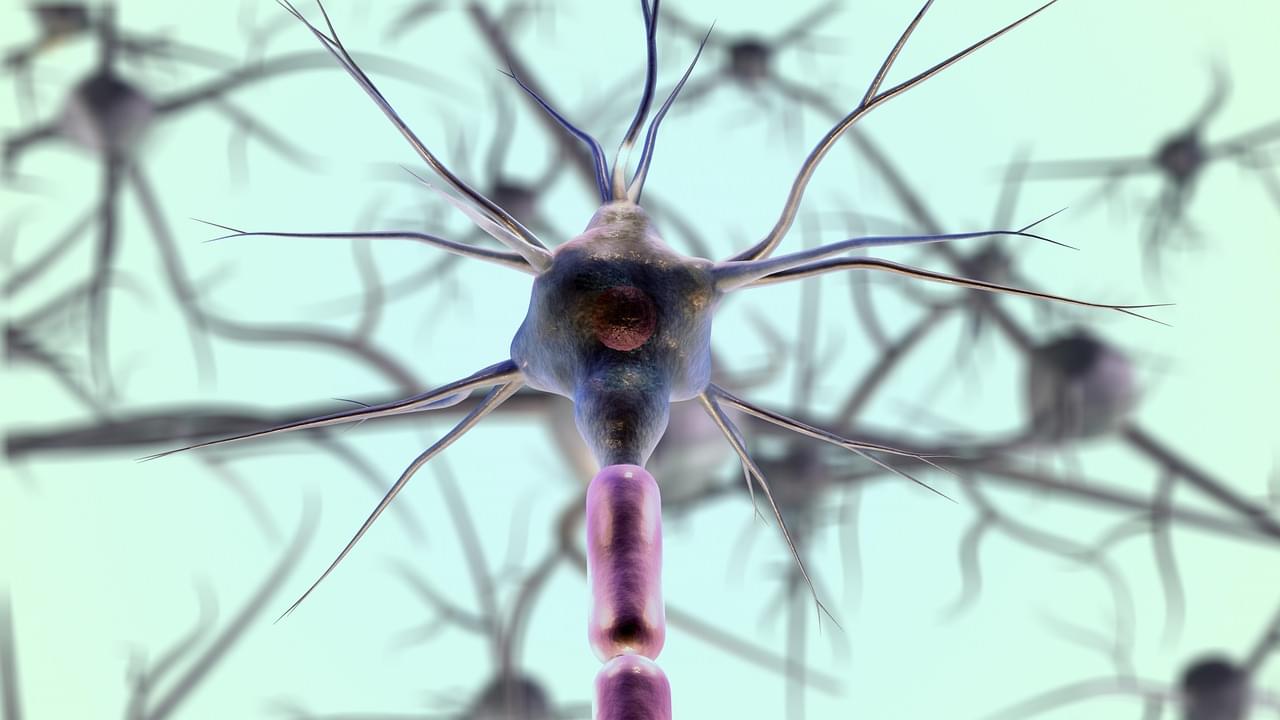
Amyotrophic lateral sclerosis (ALS), also known as Lou Gehrig’s disease, is a neurodegenerative disease that affects the neurons in the brain and spinal cord. In the United States alone there are fewer than 20,000 cases a year. However, the disease is fatal with a 5-year survival rate of 10–20% after diagnosis. This progressive disorder impedes voluntary muscle movement and can dramatically impact an individual’s quality of life. Symptoms of ALS include gradual muscle weakness and fatigue which spreads throughout the body. Difficulty moving and slurred speech is accompanied by muscle spasms, cramps, and twitching. Diagnosis is based on an exam led by a healthcare physician who also considers medical history and analyzes neuroimaging. Unfortunately, there are no blood tests to detect ALS. Additionally, the exact cause of ALS is unknown. However, many physicians and scientists believe that it is a combination of genetic and environmental factors.
Currently, there is no cure for ALS and medication works to manage symptoms and improve quality of life. Treatments include medication that slows disease progression, physical and speech therapy, and devices that help make movement and breathing easier (including wheelchairs and ventilators). It is unknown how this disease progresses and scientists are working to develop optimal therapies for patients.
A recent article in Nature, by Dr. Alessandro Sette and others, revealed that ALS is an autoimmune disorder. This discovery is extremely novel and progresses the field of ALS, especially since very little was known before. Sette is a Professor in the Centers for Autoimmunity and Inflammation, and Cancer Immunotherapy, and is Co-Director of the Center for Vaccine Innovation at La Jolla Institute for Immunology. Sette’s work focuses on understanding the immune system and measuring its activity in various diseases. More specifically, he focuses on cellular biomarkers that elicit robust immune reactions.
Hearing the sound of their mother’s voice promotes development of language pathways in a premature baby’s brain, according to a new Stanford Medicine-led study.
During the study, which is published in Frontiers in Human Neuroscience, hospitalized preemies regularly heard recordings of their mothers reading to them. At the end of the study, MRI brain scans showed that a key language pathway was more mature than that of preemies in a control group who did not hear the recordings. It is the first randomized controlled trial of such an intervention in early development.
“This is the first causal evidence that a speech experience is contributing to brain development at this very young age,” said the lead author, Katherine Travis, Ph.D., who was an assistant professor at Stanford Medicine when the study was conducted and is now an assistant professor at Weill Cornell Medical School and Burke Neurological Institute.
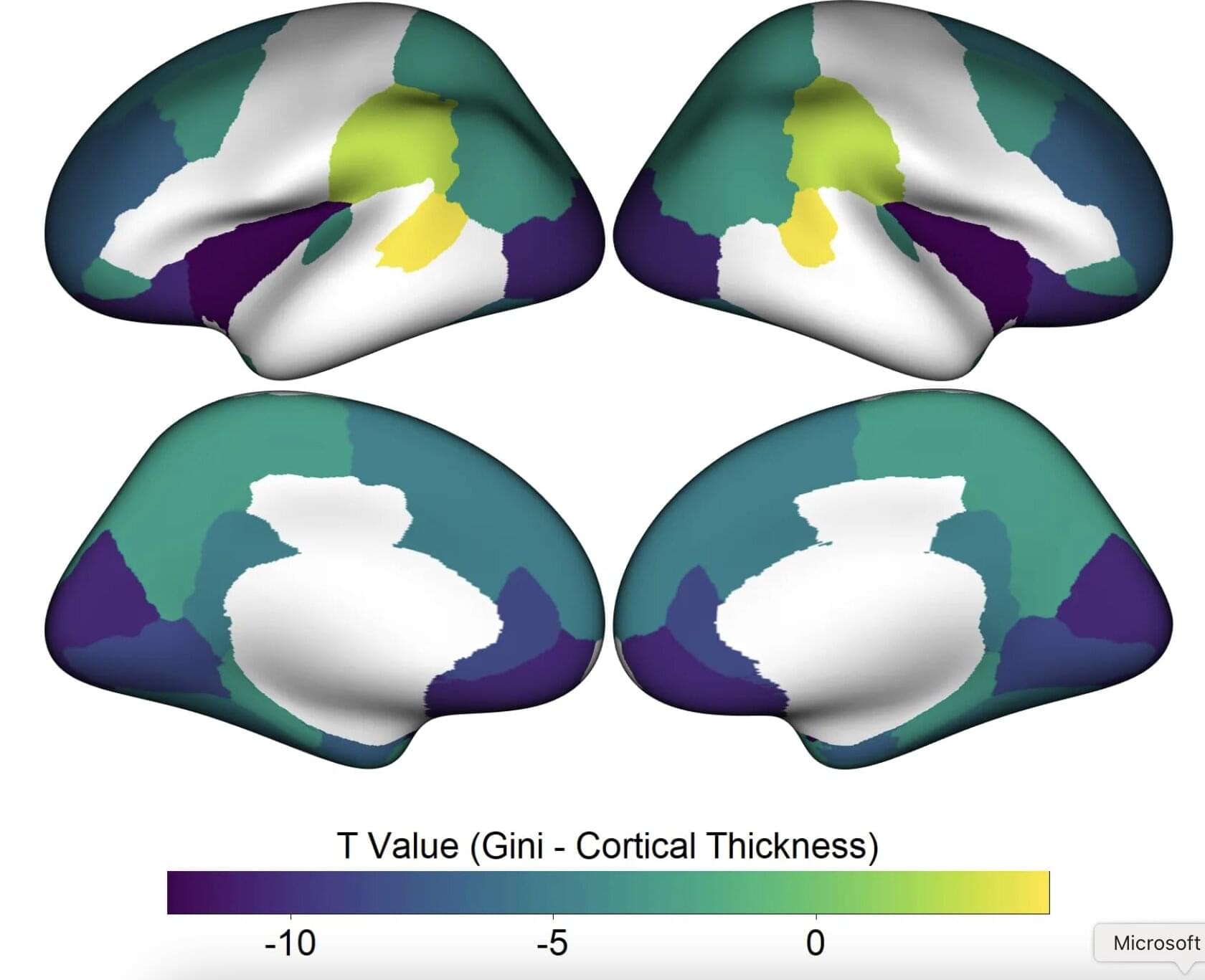
The distribution of wealth between different people living in specific geographical regions has changed substantially over the past decades, with some segments of the population benefiting most from economic growth than others. In some parts of the United States, the United Kingdom and various European countries, the distribution of wealth has become increasingly uneven.
An uneven wealth distribution essentially means that there is significant disparity in the income and resources of the general population, with some people earning good salaries and others living in the same place struggling to meet their basic needs. This inequality is typically measured with a value ranging from 0 to 1, known as the Gini coefficient, where 0 represents perfect equality and 1 extreme inequality.
Researchers at King’s College London, Harvard University and the University of York recently carried out a study aimed at exploring the possible impact of living in a society where wealth is unevenly distributed on the brain’s development in late childhood and pre-adolescence. Their findings, published in Nature Mental Health, suggest that living in places with a high income inequality is associated with differences in the structure of some brain regions, which could in turn predict the emergence of mental health disorders.
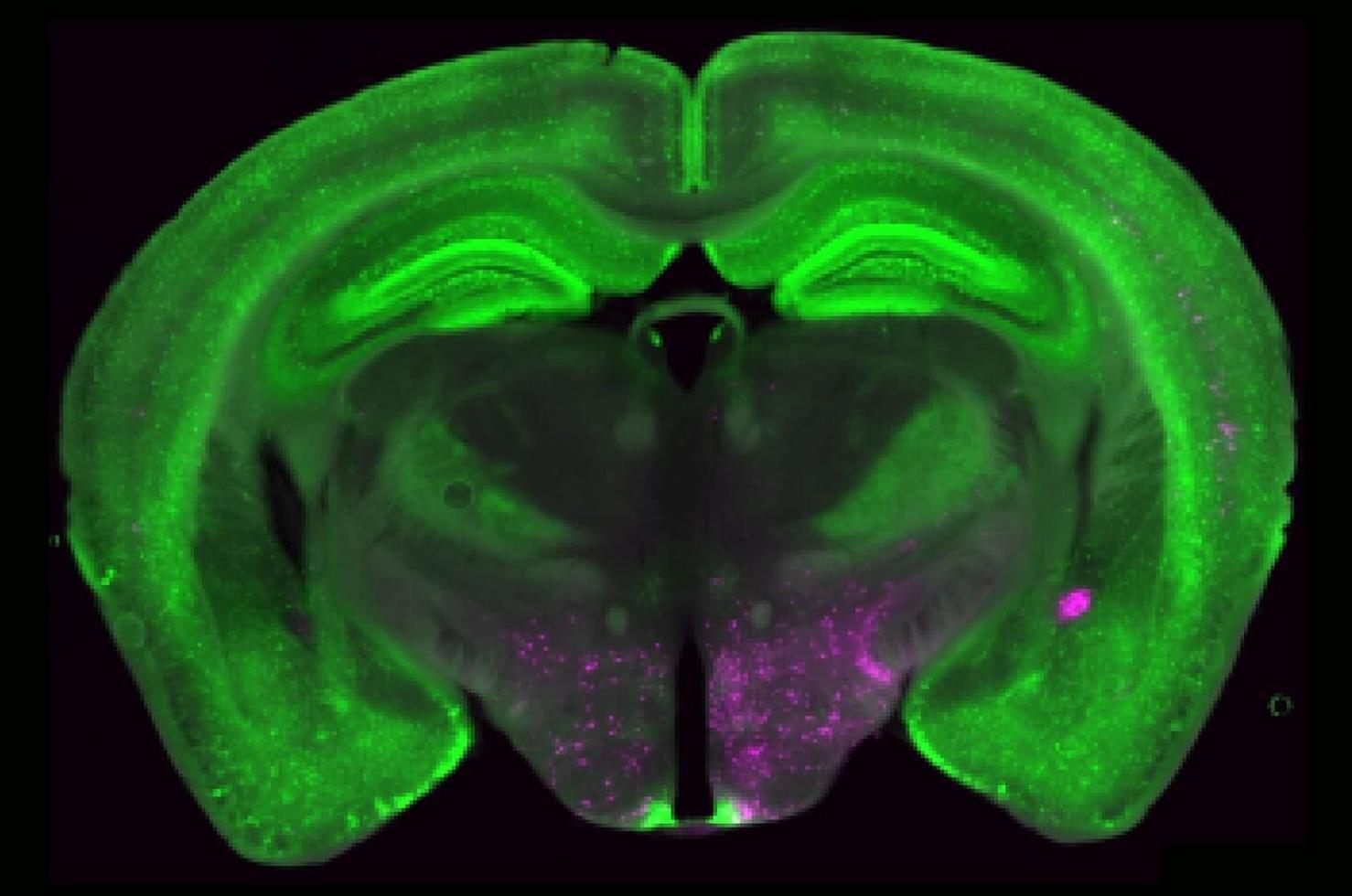

Cancer is a challenging enough diagnosis, but many patients are dealt a second blow, even as they heal: “chemo brain.”
Also called “brain fog,” this mix of cognitive issues— memory problems, struggling to find words, an inability to concentrate—affects up to three-in-four cancer patients, according to multiple studies. For many, the effects last years beyond cancer treatment.
A new study offers new models for studying causes of chemo brain and points to the effects of chemotherapy drugs on the brain’s lymphatic system, which is a network of tiny vessels in the brain’s protective membranes that help remove waste and transport immune cells. The study was published Oct. 13 in Communications Biology.
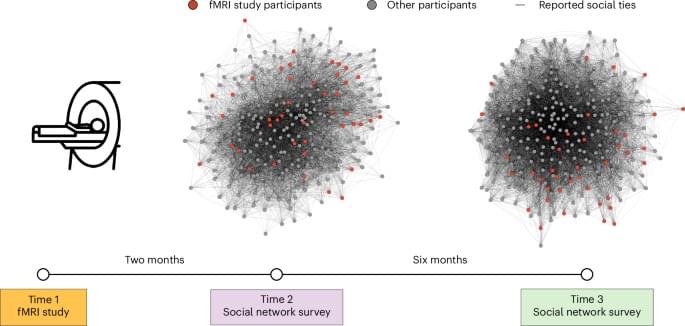
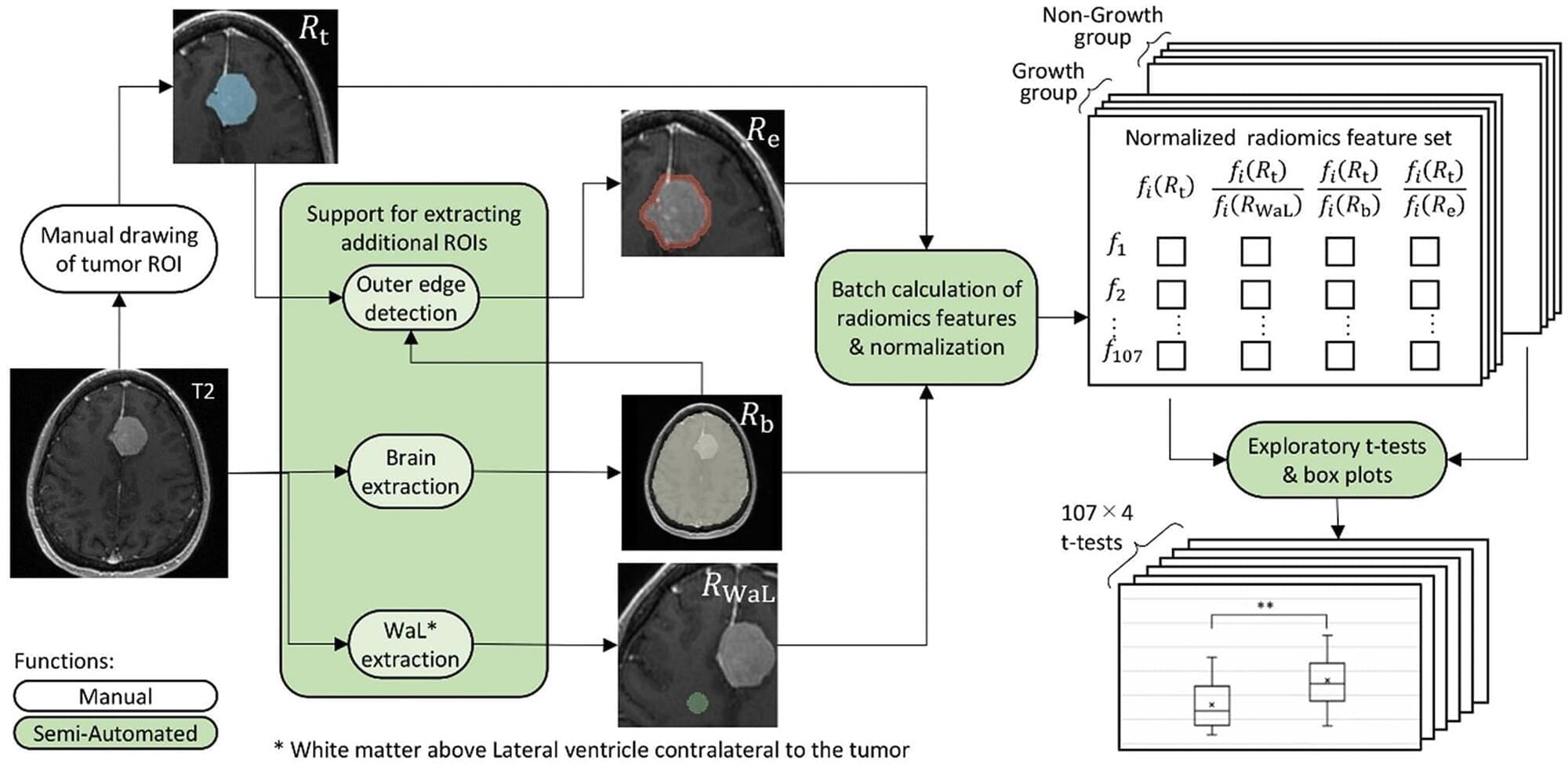
Predicting future tumor growth from initial imaging of incidentally discovered meningioma (IDM) could inform treatment decisions. However, most factors identified in prior studies on meningioma growth are qualitative. The aim of this study is to identify factors associated with tumor growth using quantitative radiomics features from MRI data.
MRI T2 features from initial imaging of 24 tumor growth cases were compared with those of 25 cases without growth. An in-house program was developed to reduce the time required for data analysis. This program is based on the open-source software 3D Slicer 5.6.2 and PyRadiomics 3.1.0. It enables semi-automatic batch t-test analyses for each feature to compare tumor growth and non-growth groups. Regions of interest (ROIs) were placed in the tumor, outer tumor edge, whole brain, and white matter contralateral to the tumor. A total of 107 features were analyzed across seven classifications: First Order, Shape, Gray Level Co-occurrence Matrix, Gray Level Run Length Matrix, Gray Level Size Zone Matrix, Gray Level Dependence Matrix, and Neighboring Gray Tone Difference Matrix. A t-test was used to identify significant predictors.
Ten features across five classifications showed significant differences (p 0.05): 2 First Order statistics, 2 Shape features, 4 Gy Level Co-occurrence Matrices, 1 Gy Level Size Zone Matrix, and 1 Neighboring Gray Tone Difference Matrix.
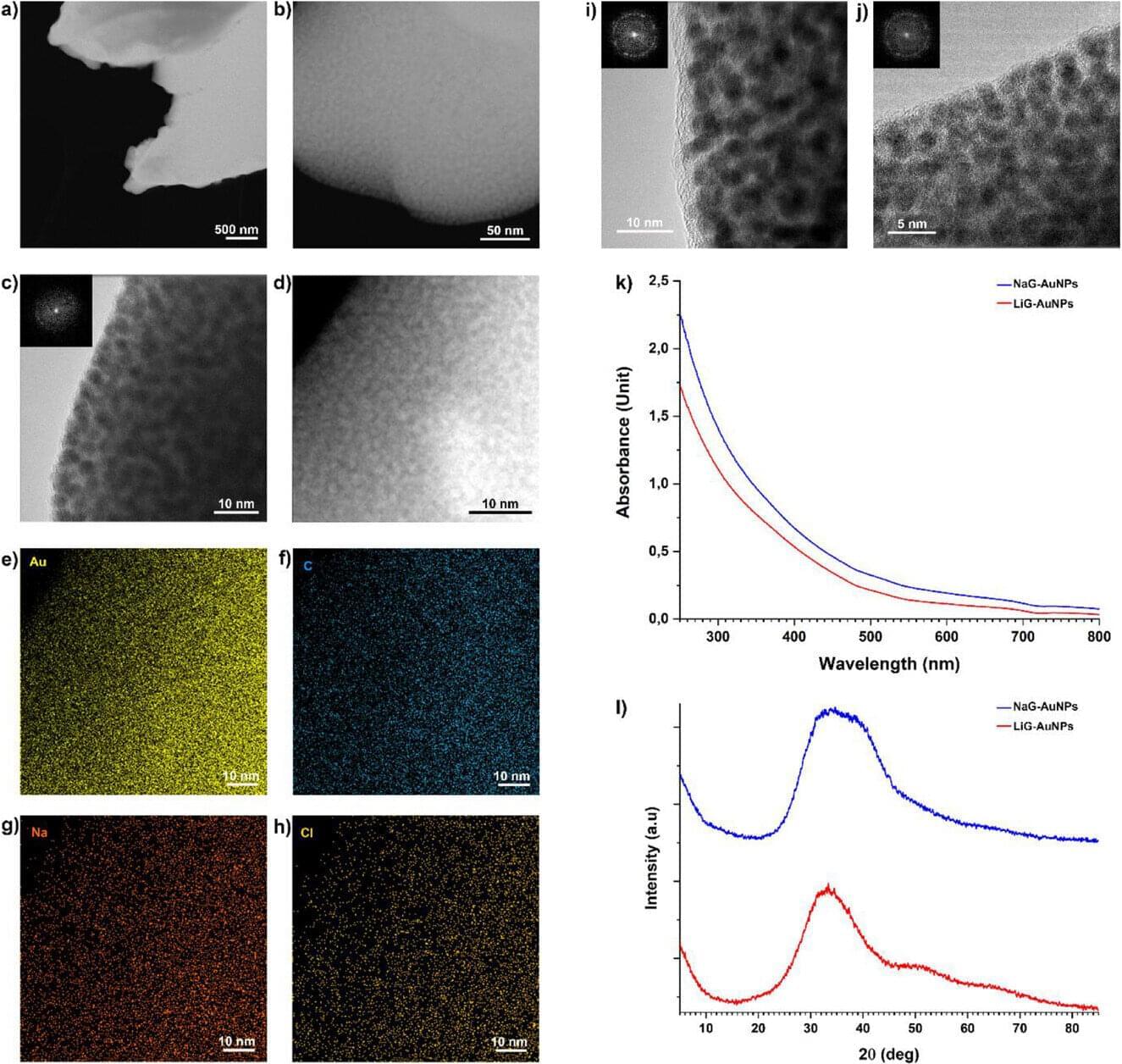
Tiny gold particles that act as carriers for lithium can be delivered directly to the brain in the form of a nasal spray. Developed by scientists at the Università Cattolica Rome campus/Fondazione Policlinico Universitario A. Gemelli IRCCS, the new nanotechnological device can be used for the treatment and prevention of neuropsychiatric and neurodegenerative diseases.
Lithium is already in clinical use for manic-depressive syndrome, but in oral formulation it is not free of side effects. It is used to combat neuropsychiatric diseases such as bipolar disorder, neurodegenerative diseases such as Alzheimer’s disease, and brain infections such as those caused by Herpes Simplex Virus type 1, which several recent studies have linked to an increased risk of neurological diseases.
Published in the journal Advanced Materials and already patented, the idea is the result of a study that demonstrated that it is possible to directly inhibit the activity of an enzyme that plays a key role in the development of these diseases (glycogen synthase kinase-3 beta, GSK-3β) directly in the brain by using lithium delivered by intranasally administered gold nanoparticles.
